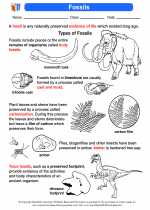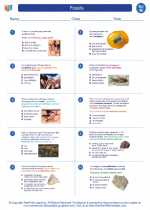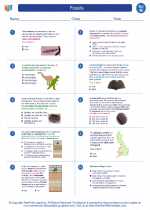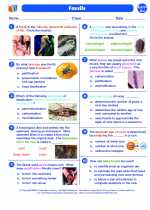Autotrophs
Autotrophs are organisms that can produce their own food using inorganic substances such as carbon dioxide and water, along with energy from sunlight or chemical reactions. They are also known as producers because they provide energy for the rest of the ecosystem through the process of photosynthesis or chemosynthesis.
There are two main types of autotrophs:
- Photoautotrophs: These organisms use sunlight to carry out photosynthesis and produce energy. Examples of photoautotrophs include plants, algae, and some types of bacteria.
- Chemoautotrophs: These organisms use chemical reactions to produce energy. They are commonly found in environments such as deep-sea hydrothermal vents, where sunlight is not available. Examples of chemoautotrophs include certain types of bacteria and archaea.
Autotrophs form the foundation of the food chain and are essential for the survival of heterotrophs, which cannot produce their own food and rely on consuming other organisms for energy.
Study Guide
- Define autotroph and provide examples of photoautotrophs and chemoautotrophs.
- Explain the process of photosynthesis and its significance to autotrophs.
- Compare and contrast photoautotrophs and chemoautotrophs in terms of energy production and environments where they are found.
- Discuss the role of autotrophs in the food chain and ecosystem.
- Research and present a case study on a specific autotroph and its ecological importance.
Understanding autotrophs is crucial for comprehending the flow of energy and nutrients in ecosystems, as well as the interdependence of living organisms. It's also important for understanding the role of autotrophs in mitigating climate change through carbon sequestration and oxygen production.
Hopefully, this study guide will help you gain a deeper understanding of autotrophs and their significance in the natural world.
.◂Science Worksheets and Study Guides Eighth Grade. Fossils

 Activity Lesson
Activity Lesson
 Worksheet/Answer key
Worksheet/Answer key
 Worksheet/Answer key
Worksheet/Answer key
 Worksheet/Answer key
Worksheet/Answer key
 Worksheet/Answer key
Worksheet/Answer key
 Vocabulary/Answer key
Vocabulary/Answer key
 Vocabulary/Answer key
Vocabulary/Answer key
